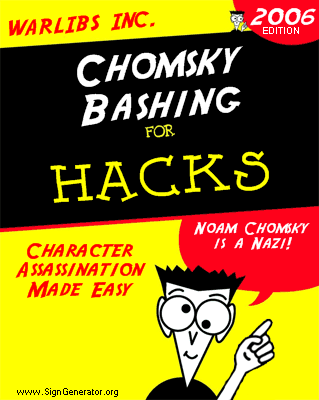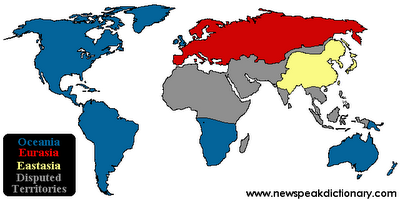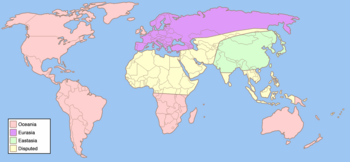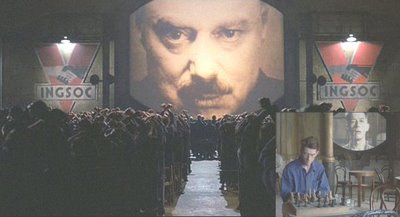Film News

GIBSON ACCUSED OF ANTI-SEMITIC RANT
MEL GIBSON reportedly threatened police officers with a tirade of anti-Semitic and sexually abusive remarks after being arrested on suspicion of drunken driving yesterday (28JUL06). The 50-year-old PASSION OF CHRIST director was pulled over for speeding at 80 miles per hour on the Pacific Coast Highway in Malibu, California where the limit is 55 miles per hour. He failed both breath and field sobriety tests and spent seven hours locked up before being released on $5,000 (GBP2,700) bail. According to the incident report by Los Angeles County Deputy JAMES MEE, attained by TMZ.com, the actor repeatedly said, "My life is f**ked" before launching into an anti-Semitic outburst. The report claims Gibson said, "F**king Jews. The Jews are responsible for all the wars in the world. Are you a Jew?" The actor is also reported to have threatened, "You motherf**ker. I'm going to f**k you" to the deputy. Mee's report adds the allegation that Gibson told officers he "owns Malibu" and the star would spend all his money "to get even with me". He is also believed to have said to a female officer on the scene, "What do you think you're looking at, sugar t**ts?" Deputy Mee had originally written an eight-page report on the arrest but the sheriff's department deemed it's content too "inflammatory" to release and would merely serve to incite "Jewish hatred". Los Angeles police would neither confirm or deny the contents of the report and Gibson's representative ALAN NIEROB was unavailable for comment. The actor, a dedicated Catholic, has had to fend off anti-Semitic allegations before, after the release of his controversial 2004 film The Passion of the Christ. His case will be further investigated but no court date has been set.
29/07/2006 14:31










